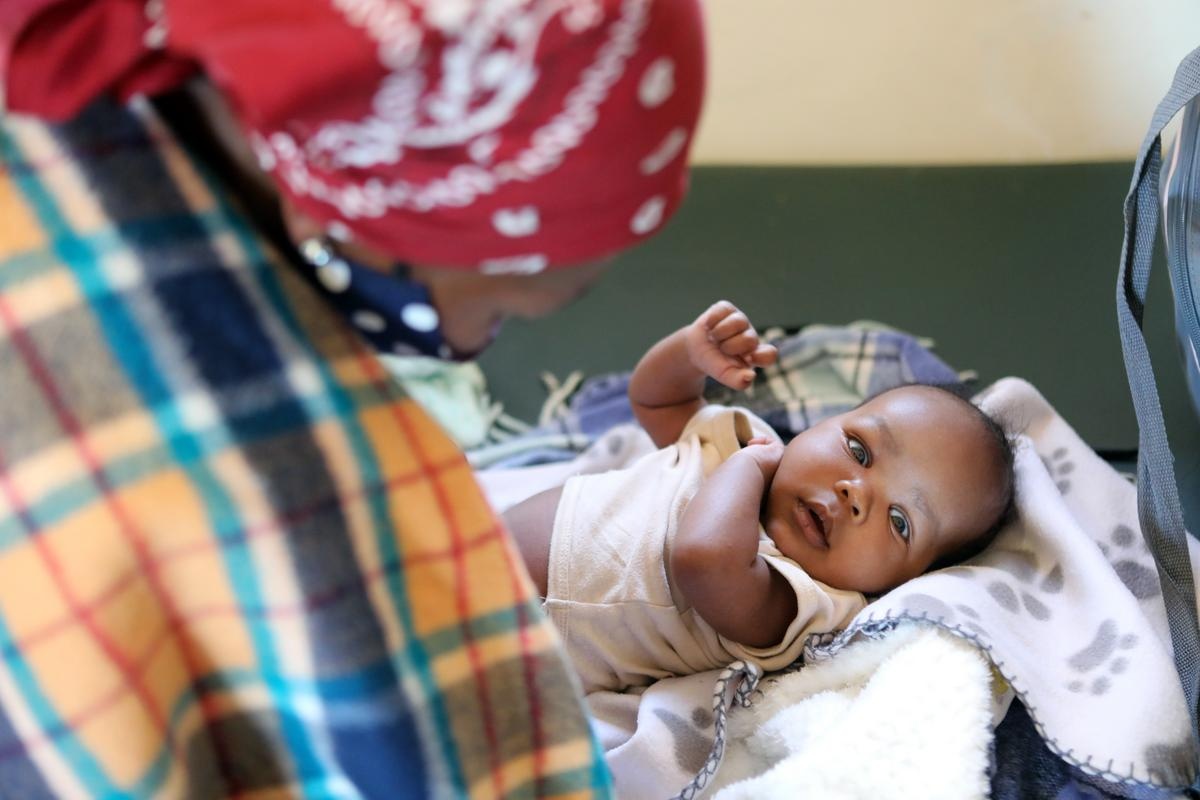Research: How a PIH-supported Initiative is Transforming Maternal and Child Health in Lesotho
Recent study highlights major improvements in health services around the country
Posted on Sep 21, 2023

Less than a decade ago, most expectant mothers in Lesotho didn’t have the option to give birth at a health center. Instead, they delivered at home—often without the help of health care workers.
Today, more facilities are better equipped, providing mothers with dignified space for labor and delivery. That’s largely due to the country’s National Health Reform. A recent research article, published in PLOS Global Public Health, highlights the impact of the initiative on maternal and child health.
Key Findings
Launched in 2014, the National Health Reform is a set of interventions designed to increase access to high-quality, affordable health services. It was developed and carried out by the country’s Ministry of Health in partnership with Partners In Health (PIH) Lesotho. The reform was piloted at all health facilities across four rural districts: Berea, Leribe, Butha-Buthe and Mohale’s Hoek. These regions include 40% of the population or about 815,520 people.
One of the interventions included assessing and improving the 5 S’s—staff, stuff, space, systems, and social support—to align with the disease burden in the regions. This includes ensuring proper staffing, an adequate number of beds, and appropriate medications, among other necessary items.
Another important intervention was decentralizing health care management. Previously, management was top-down from the central ministry to the district hospitals and health centers. The intervention aimed to empower districts by creating district health management teams to oversee and manage all health services in the districts. Lastly, community involvement was encouraged. Village health workers were hired and trained to accompany pregnant women.
In the recent article, researchers assessed metrics from pre-Health Reform in 2013 to during the Health Reform in 2017. They found that the number of health centers adequately equipped to provide facility-based deliveries increased from 3% to 95%. “Adequately equipped” means there is the required equipment for deliveries, 24-hour midwife staffing, a maternal waiting home, proper heating during cold weather, food for mothers and babies, and more. This was associated with an increase in facility-based deliveries from 2% to 33% per quarter at health centers. Other findings included an increase in antenatal and postnatal care visits and an increase in children getting fully immunized before their first birthday.
“We have seen tremendous progress,” says Melino Ndayizigiye, PIH Lesotho’s executive director. “Think about how many lives we would have lost if we didn’t invest in the health reform.”
Next, the team will continue to work toward universal health care.
“And to do that, we’ll continue to use the reform model to align the disease burden with inputs. It can be human resources, supplies, space, systems. Basically, an investment in the 5 S’s model will drive us towards achieving universal health care.”

